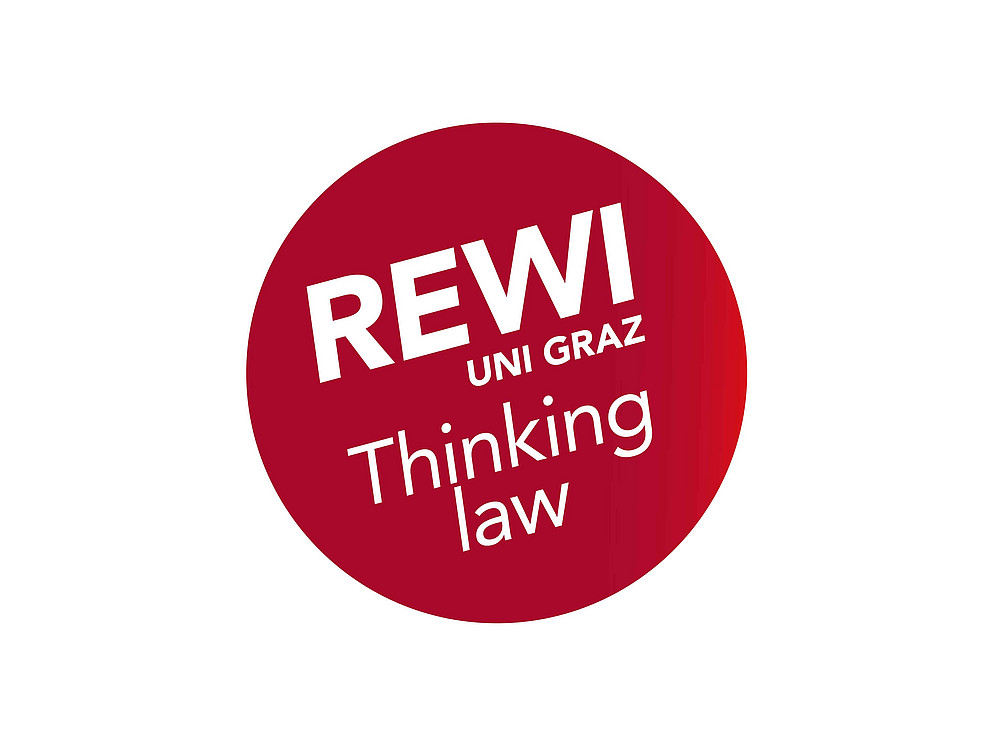Our crime scene ...
...the criminal sciences are interdisciplinary...
The criminal sciences unite all those sciences that deal with crime or can be used for the purpose of establishing the truth. They combine both legal and non-legal research areas, which is why their research subjects touch on a number of non-legal research areas in addition to law, such as criminalistics and criminology, as well as the relevant forensic sciences. Prominent specialist areas here are forensic medicine, forensic psychiatry, forensic chemistry, forensic psychology, as well as the arts, economics and technical sciences. In individual cases, forensic science can incorporate know-how from a wide variety of fields (some of which have not yet been explored in a forensic context) in the humanities, social sciences, economics or natural sciences. This broad, interdisciplinary field of research is unique.
The criminal sciences and their interdisciplinary character are particularly evident in the judicial processing of (allegedly) criminal acts. This is particularly the case in the form of expert evidence. Cooperation between the criminal investigation department, the public prosecutor's office and the court with experts from a wide range of scientific disciplines is part of everyday life for law enforcement agencies and appears to be becoming increasingly important due to various factors (increasing complexity of the facts, scientific (especially technological) advances in the field of crime investigation, etc.).
The interdisciplinary criminal sciences not only serve the further development of the individual legal and non-legal sciences, but also the development of innovative solutions through the interdisciplinary examination of crime-related issues. Both expert evidence and criminal prosecution as such benefit from this in terms of quality and efficiency. Its interface character and the resulting successful interdisciplinary and interlocking communication play a central role here.
